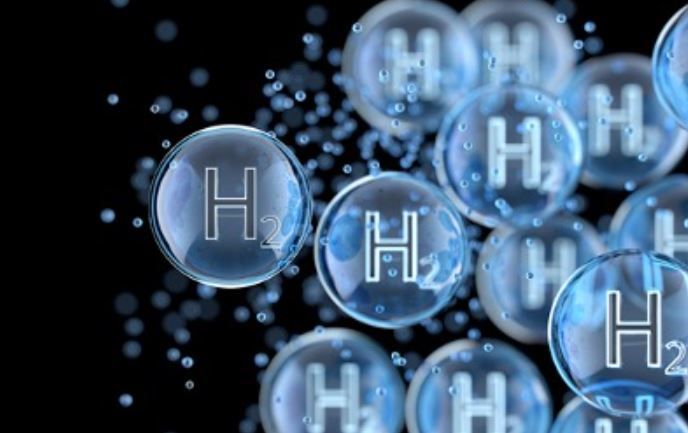President Joe Biden’s plan to build a clean hydrogen industry is encountering significant challenges due to a lack of regulatory frameworks for transporting the fuel. This regulatory gap could hinder the administration’s efforts to reduce emissions and achieve its environmental goals.
The Biden administration aims to establish a robust clean hydrogen industry by funding seven hydrogen hubs across the United States with $7 billion from the 2021 bipartisan infrastructure law. The goal is to produce 10 million metric tons of clean hydrogen annually by 2030. Clean hydrogen is envisioned as a critical component of the U.S. energy transition, produced using low-carbon power sources such as renewables or natural gas with carbon capture.
Technological Framework and Infrastructure Needs
The hydrogen industry requires substantial infrastructure, including trucks, pipelines, and existing natural gas networks, to transport hydrogen from production facilities to consumers. However, several technological and logistical challenges must be addressed:
Trucks and Pipelines: While trucks can transport hydrogen, they are unlikely to meet the demand at scale. Existing natural gas pipelines could potentially be used to transport hydrogen, but this raises concerns about safety and efficiency. Hydrogen is known for its small molecule size, which can cause embrittlement and leaks in steel pipelines.
Investment Requirements: According to a Department of Energy (DOE) roadmap, hydrogen infrastructure will need a rapid scale-up, with investment requirements growing from $2 billion to $3 billion annually from 2023 to 2030, and ballooning to $15 billion to $20 billion annually by 2050.
Potential Impact of the Hydrogen Plan
The successful implementation of Biden’s clean hydrogen initiative could significantly impact the U.S. energy landscape:
Emission Reduction: Clean hydrogen has the potential to drastically reduce greenhouse gas emissions, particularly in industries that are difficult to decarbonize, such as heavy manufacturing and transportation.
Energy Security: By diversifying the energy mix and reducing reliance on fossil fuels, the U.S. could enhance its energy security and resilience against global energy market fluctuations.
Economic Growth: The development of a hydrogen economy could create new jobs and stimulate economic growth, particularly in regions designated as hydrogen hubs.
As the Biden administration pushes forward with its clean hydrogen plans, ongoing efforts to develop regulatory frameworks and technological solutions will be crucial. Legislative measures, such as those proposed by Senate Energy and Natural Resources Chair Joe Manchin, could grant the Federal Energy Regulatory Commission (FERC) jurisdiction over interstate hydrogen pipelines, providing much-needed regulatory clarity.
The DOE’s hydrogen hubs are beginning to take shape, with projects like the Midwest MachH2 hub and the Pacific Northwest Hydrogen Hub exploring pipeline construction to complement truck transportation. These efforts, along with increased federal and state collaboration, will be essential to overcoming the regulatory and logistical challenges facing the clean hydrogen industry.
